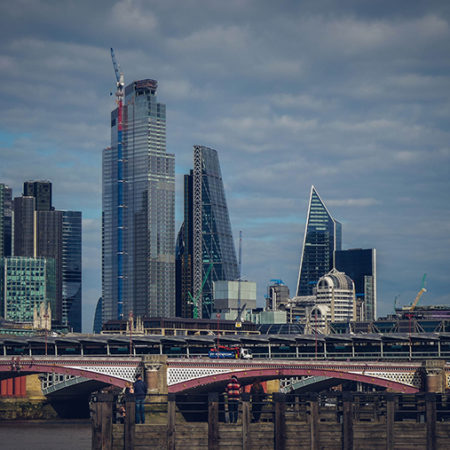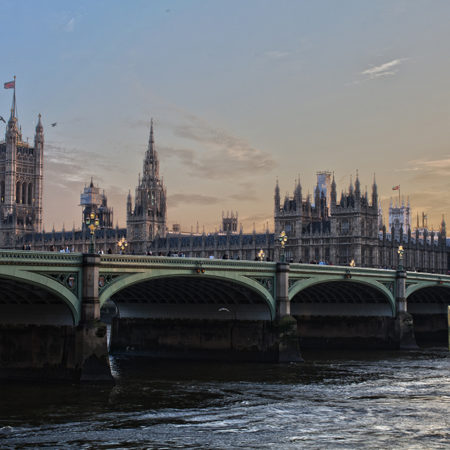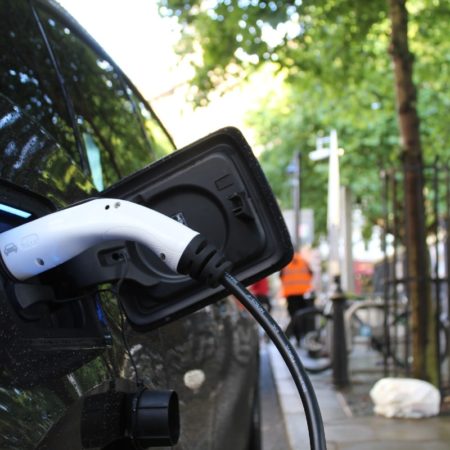In the month that the UK issued its first ever red warning for extreme heat, it is harder than ever to ignore the reality of climate change. But many of our politicians seem to be trying to do just that. On 11th July, the chief scientific adviser held an emergency climate briefing that was attended by fewer than 10% of MPs. Just 70 MPs and members of the Lords came to see Sir Patrick Vallance set out the latest findings on the climate emergency.
Even more concerning, it has been reported that this number did not include any of the people now standing for the Conservative party leadership. Will whoever ends up leading the Tories also lead on climate? Or will they put our net zero ambitions in jeopardy?
Uninspiring track records
None of the four candidates currently in the race has a track record to inspire confidence on the climate.
Rishi Sunak, who currently has the most votes in the contest, took steps as Chancellor to make finance greener, including the launch of the Infrastructure Bank last year. But he has been criticised for an inconsistent approach on climate. The Green Homes Grant, launched two years ago, looked like a sign that government was finally tackling the issue of old and leaky housing stock. But it was deeply flawed and quietly retired within a year. The windfall tax on fossil fuel giants also looked like a positive step forward until suspicions grew that it is actually incentivising oil and gas production.
Penny Mordaunt, currently second, has promised “millions of green jobs”” if elected, and appears to understand that investing in renewables would enhance the UK’s energy security. But her voting record is less dynamic on the climate; she generally votes the same way as other Tory MPs on environmental issues and has mostly voted against measures to cut domestic emissions.
As a former Environment Secretary, Liz Truss might be expected to have the strongest pro-environment values, but she has generally voted against measures to prevent climate change.
Kemi Badenoch described herself in the recent ITV debate as “the wild card candidate”. The reality is that she has never voted against the Conservative party line. She has consistently voted against measures to cut climate change. In a recent interview Badenoch indicated she is ready to let the 2050 net zero deadline slip to avoid damaging the UK’s economy, telling Talk TV’s The News Desk: “There are circumstances where I would delay it… The legislation we’ve put in is for 2050. That is a long, long time in the future. Practically none of us will still be here to be held accountable for it. So, I think it’s a red herring.”
Growing pressure
But the reality is that the next Conservative leader may have no choice but to act on climate. The chairman of the Climate Change Committee recently made the point that our dependence on fossil fuels is not just generating emissions but also worsening our cost-of-living crisis. Just a fortnight after an extremely critical progress report from the Climate Change Committee, Deloitte published a report placing the global cost of the climate crisis at $178 trillion.
Since then, groups representing thousands of UK businesses have called on the government to accelerate the clean energy transition and implement the Conservative manifesto promise to deliver net zero by 2050.
The flipside of the damning Deloitte report is that timely action on the climate could actually deliver a boost of $43 trillion to the global economy. If the next Conservative leader wants to position themselves as strong on the economy, they will lose credibility by failing to consider the biggest economic risk of all – or failing to take advantage of such a huge opportunity. And if they want to reinforce the idea that the Conservatives are pro-business, it will be hard to ignore the growing calls from the business community for more action on the climate.
There is another, even more powerful source of pressure: the law. On Monday 18th July, the High Court ordered the government to set out exactly how its policies will achieve the required emissions cuts. This was the result of a legal challenge from Friends of the Earth, ClientEarth and the Good Law Project. The basis of their argument was that the UK is breaching its legal duties under the 2008 Climate Change Act, and the court’s judgment agreed with this. The government now has until April 2023 to prepare a report with the crucial data on emissions cuts.
The landmark case has proven that our legally binding target of net zero by 2050 is just that – legally binding. The government can and will be held to account in the courts if it fails to take adequate action to achieve it. The next Conservative leader should be aware of this political and legal reality: ignoring the climate is not an option.























